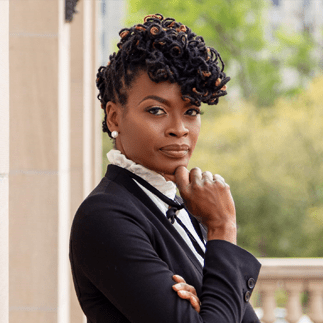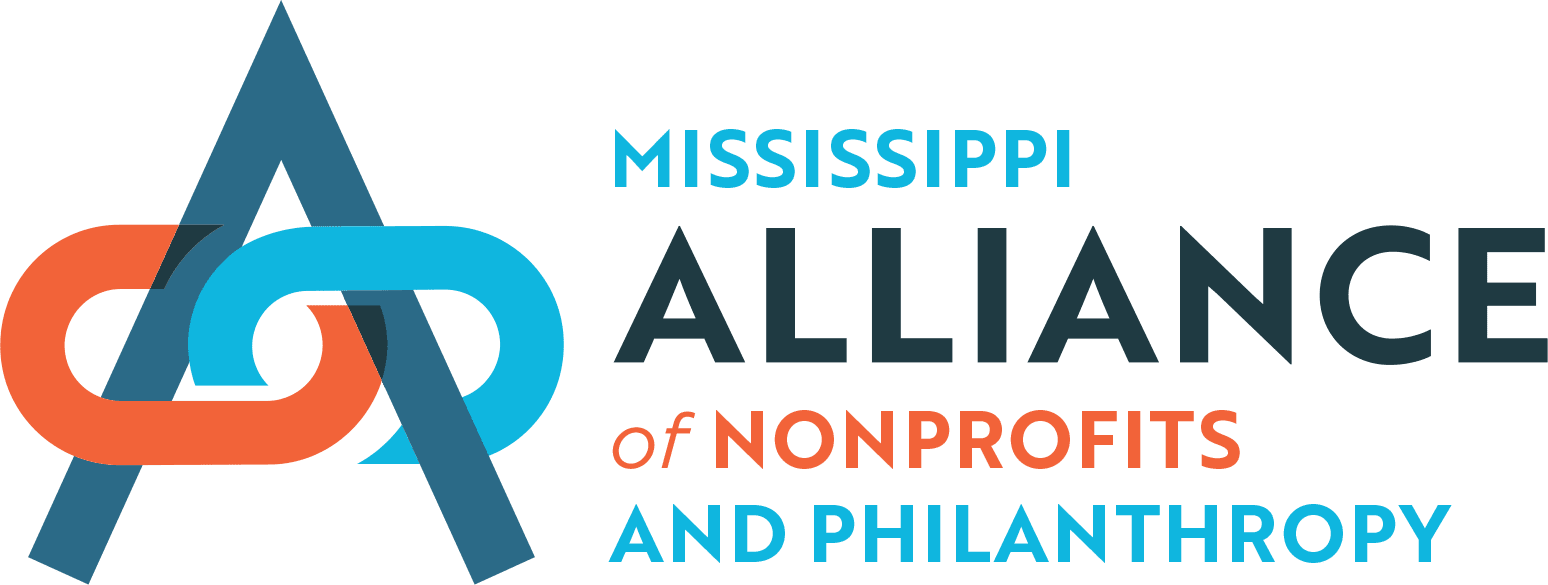Black Women’s Roundtable of Mississippi

Executive Director
Lead Organizer and
Co-Convener
Mississippi Black Women’s Roundtable is an intergenerational, nonpartisan organization committed to increasing voter participation and education through civic engagement, advancing economic security for black women and girls, and developing transformational leadership. MS BWR has four programs of work that include MS Women’s Economic Security Initiative (MWESI), a progressive policy agenda (that consists of equal pay, livable wages, access to healthcare and reproductive rights, childcare, etc.). MWESI is composed of 50 organizations made up of hundreds and thousands of women across the state. Our other work programs are Civic Engagement, Transformational Leadership, Community Outreach, and Rapid Response.
Our work is rooted at the intersection of race, gender, and economic justice. Our goal is to build a leadership infrastructure for long-term momentum to shift power at the voting booth and the policy table. MS BWR is an affiliate of the National Coalition on Black Civic Participation/Black Women’s Roundtable.
In this legislative session, our priority has been Equal Pay. Mississippi is the only state in the country without an equal pay law on the books and with some of the most significant gender and racial wage gaps in the country. Mississippi urgently needs an equal pay law. Black women earn .56 on the dollar for every dollar paid to white, non-Hispanic men, and white women make .75 on the dollar. Women are losing hundreds and thousands of dollars yearly. Annually black women lose over 20K. These lost wages severely reduce women’s ability to save for retirement, put food on the table, and pay for rent, utilities, and health care expenses. These lost wages also contribute to Mississippi having one of the highest poverty rates in the country for black women. This is a pocketbook issue.
On February 24th, we collected over 250 pocketbooks at our advocacy day at the Capitol and delivered them to lawmakers with messages about what makes an effective equal pay bill.
A good Equal Pay bill would include 1.) Protect black and brown employees, 2.) promote transparency -prohibit employers from banning employees from discussing their pay, 3.) protect against retaliation, 4) provide recovery of lost wages and punitive damages for economic harm.
Currently, the MS legislature has two bills (SB 2451 and HB 770) being voted on that are harmful to all MS women. But SB 2451 is not an Equal Pay bill. SB 2451 will be of no use to Mississippians since it provides far weaker protections than those Mississippians already have under federal law. Moreover, the bill leaves Black women behind by only addressing sex-based pay inequities. That still leaves the women who experience the most significant wage gaps in the state vulnerable. It shifts the burden to the victim suffering pay discrimination to question the details of an employer’s pay-setting practices. That information is not often accessible to employees.
HB 770 is the opposite of an equal pay bill. It rubber stamps an employers’ decision to pay women less for equal work. HB 770 expressly allows employers to pay a woman less than a man doing the same job for discriminatory reasons based on salary history.
If either version goes into effect, lawmakers will be contributing to the wage gap. Mississippi can do better because women’s pocketbooks matter to their families, communities, and the state economy.
Related Articles
A message from your executive director…
A warm hello to our esteemed members and friends. This edition of The Ally seeks to celebrate the rich tapestry that February brings by recognizing Black History Month and other notable events that shape this dynamic month.
Nonprofit Member Spotlight | Family Biz Builder
Family Biz Builder (FBB) is a transformative force in Tunica County, Mississippi. Since 2014, FBB, a compassionate 501(c)(3) nonprofit youth training and development organization, has been the guiding light for countless low-income, at-risk children aged 5-17 and their families across Tunica, Coahoma, and Desoto Counties.
Nonprofit Member Spotlight | Alluvial Collective
Cultivating belonging and wholeness in the world
Friends and Partners,
I’m grateful to be connected to you in this season of celebration and acknowledgment of Black history.



